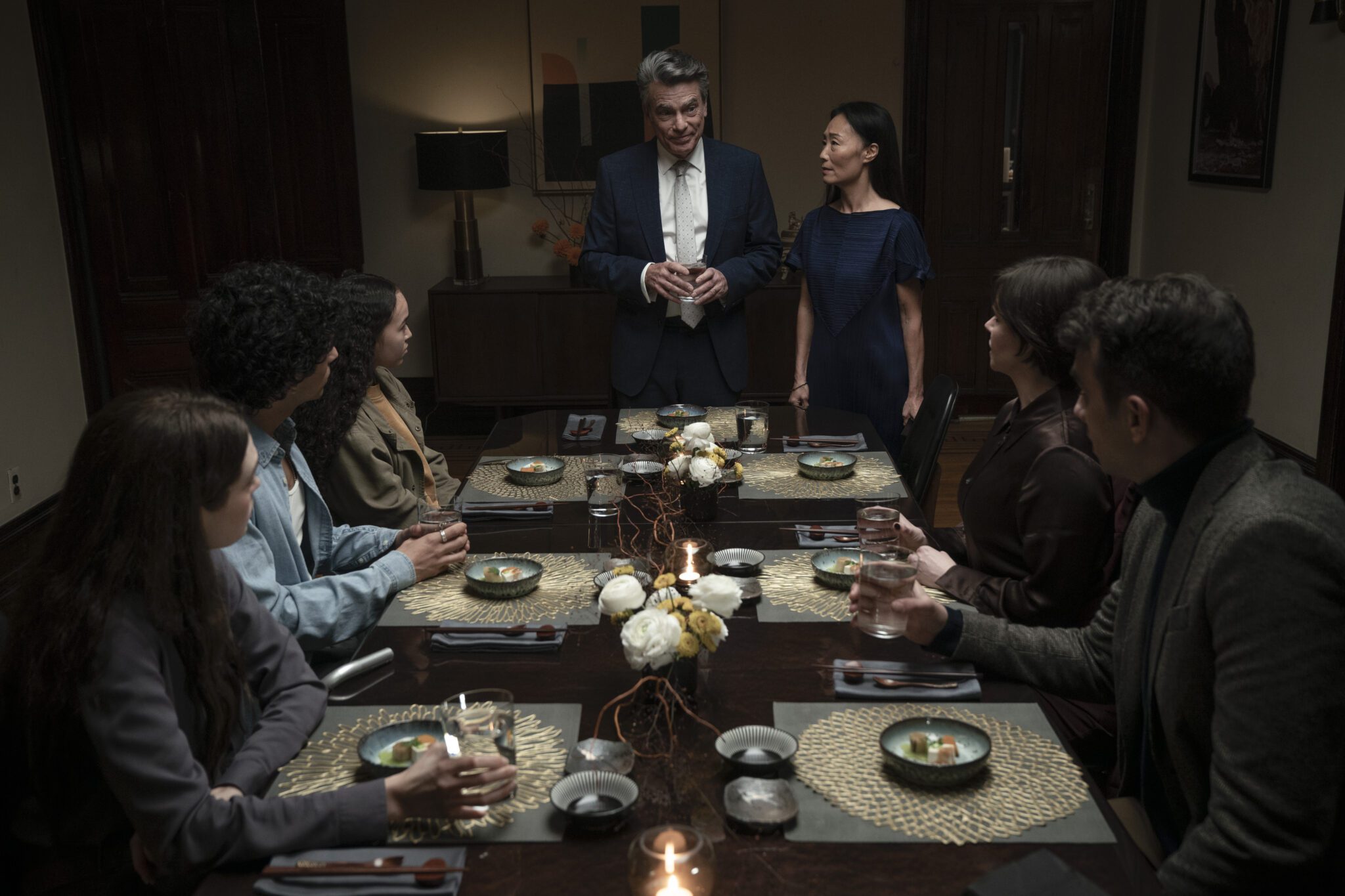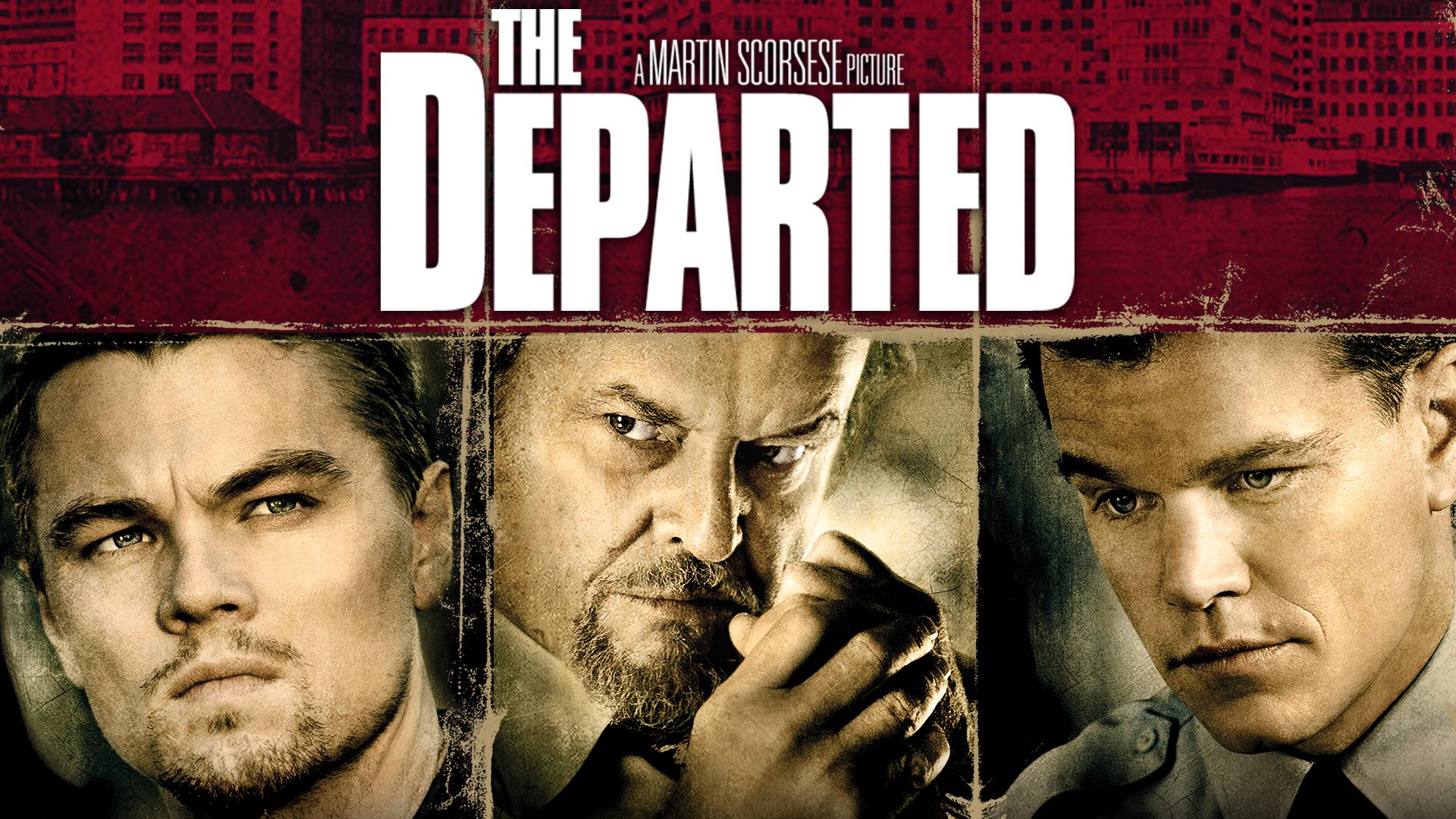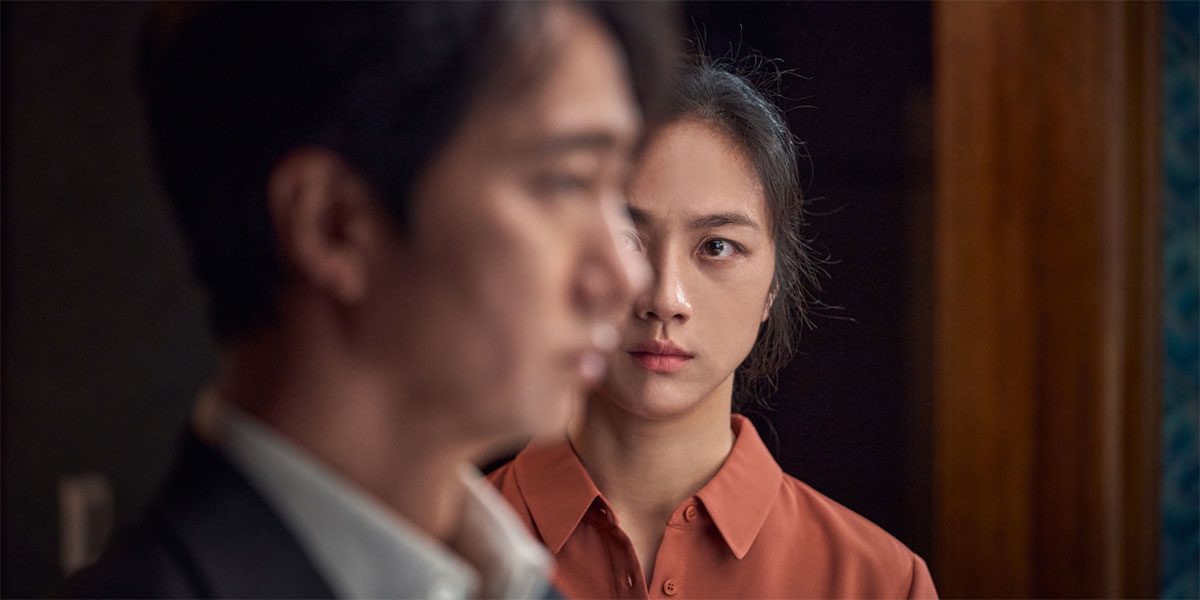
Directed by Park Chan-wook,?Decision to Leave?follows Hae-Joon (Park Hae-il), a young and successful Busan detective who lives apart from his wife during the week. After a man falls suspiciously from a mountaintop, Hae-Joon is sent to investigate. In the process, he finds himself attracted to the victim?s widow, Seo-rae (Tang Wei). Seo-rae is strangely unfazed by her husband?s tragic death and the two have instant chemistry between them. However, as their relationship causes compromise, Hae-Joon?s world gradually begins to slip away.

Having won Best Director honours at Cannes 2022, Decision to Leave is a gripping tale of one man?s dance with his inner shadows. Featuring stunning visuals and a gripping narrative, Decision to Leave is the type of film that will undoubtedly draw in its audience and make them want to stay for the journey. This is a twisty noir tale where good is gradually swallowed up by the darkness yet may still find something beautiful on the other side. While performances in the film are strong across-the-board, without question the best performance lies with Tang Wei. With the cold-heartedness of a black widow spider, Tang Wei plays her character with such sympathy that the viewer is quickly drawn into her web. There is a brokenness about her but also a ruthless and calculating nature that makes her intriguing to watch.
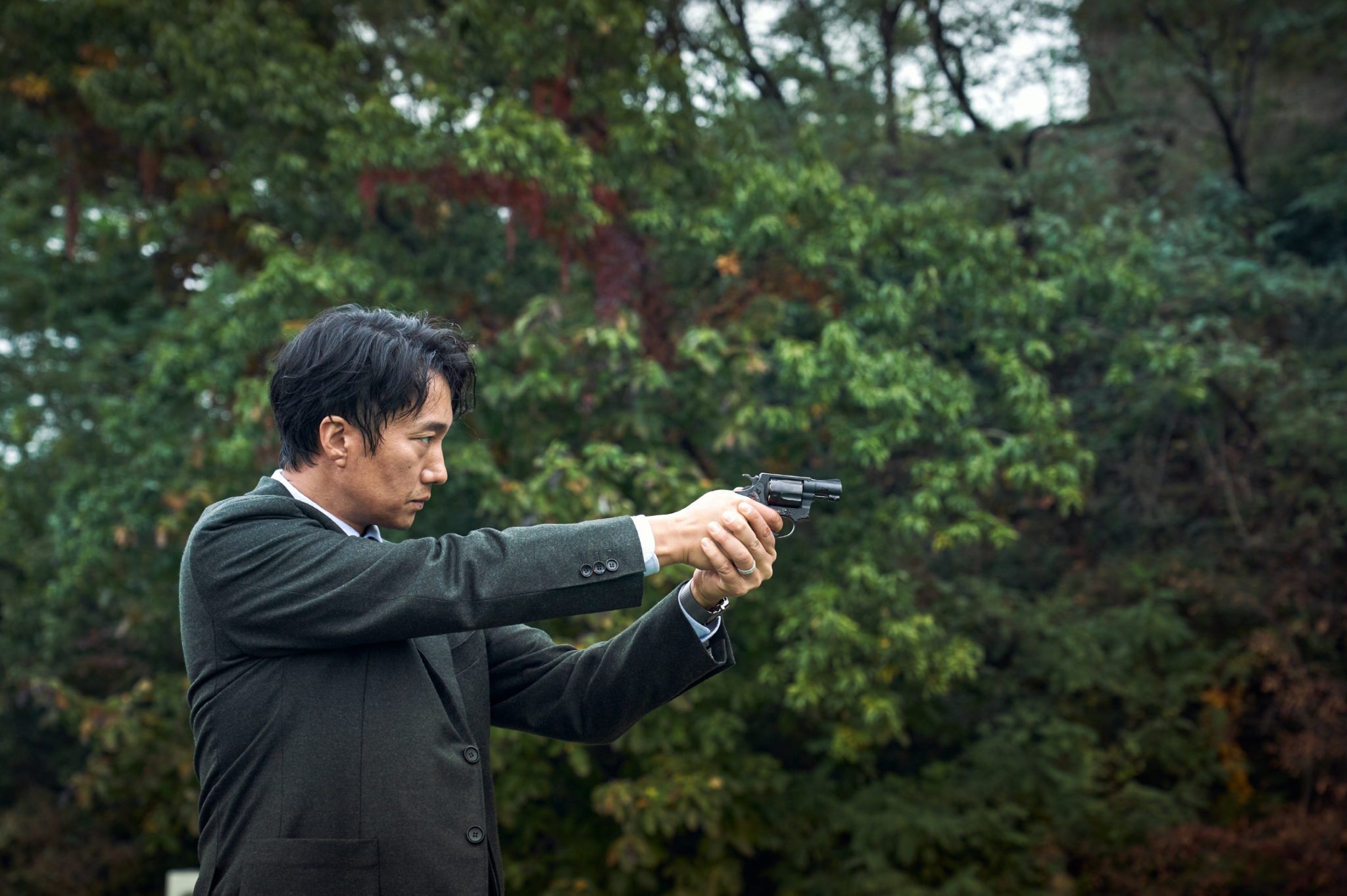
As with much of director?s work,?Leave?is yet another stunningly visual film. Here, Chan-wook wants to blur boundaries between worlds. As detective watches over his suspect and he does so with stunning effect. Through his use of interconnected scenes, crisp colors and even surprising snow, Chan-wook throws fantasy and reality into a blender in ways that accentuate the storytelling. For just one example, as Hae-Joon watches over his suspect, the iconic director removes the distance between characters, as the detective appears to stand in her presence. In this way, Chan-wook visually showcases the boundaries that are being crossed, as Hae-Woo?s interest in Seo-rae becomes more than professional.?
And this is very much a film, which wants to explore what it means to sit in the midst of gray areas.
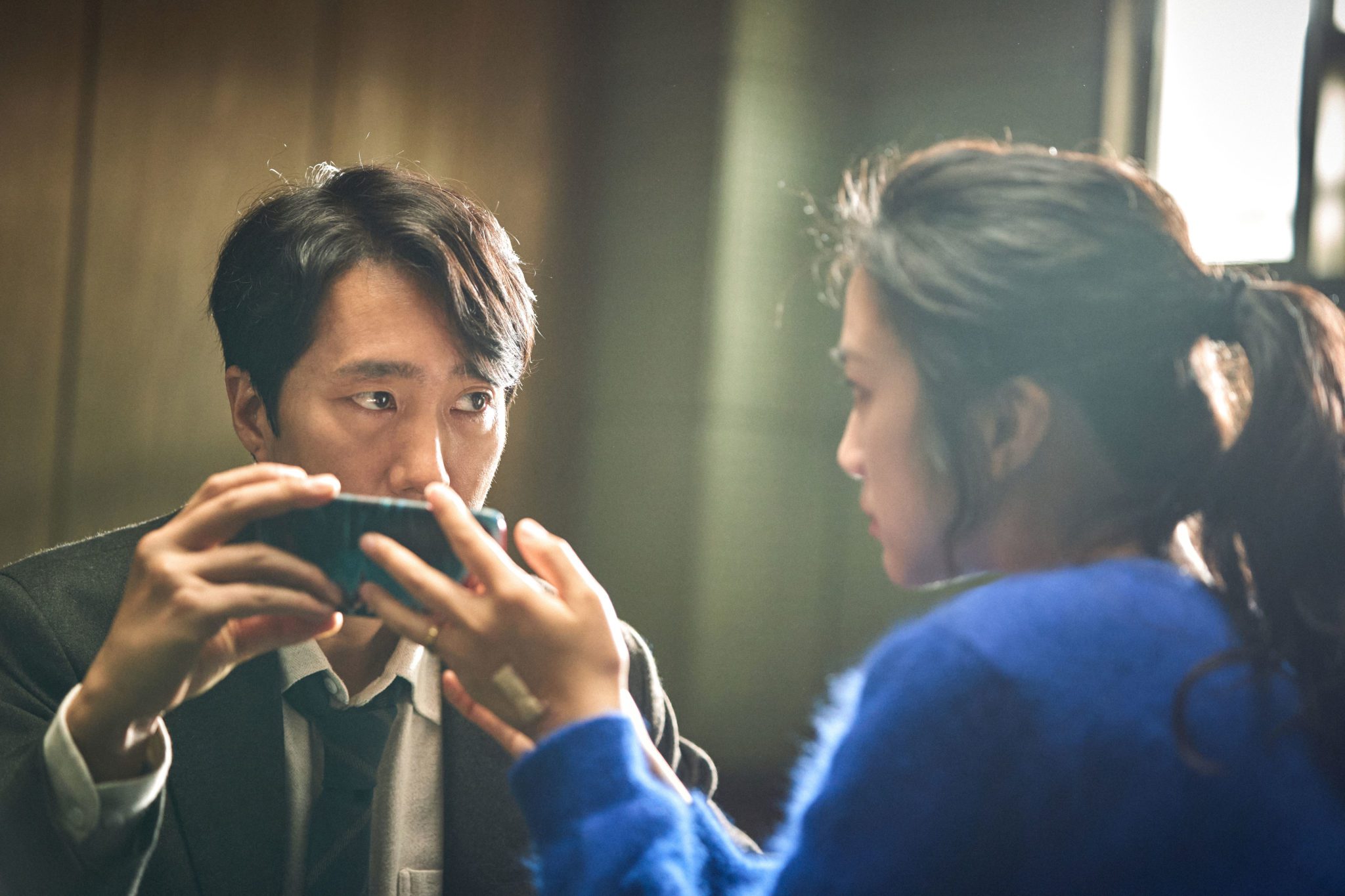
What makes Leave an interesting film is that it seems to dip its toe into the waters of social agenda. With an eye on assisted suicide, Leave seems to be interested in discussing the lines between murder and justice. As the body count continues to grow, there are those whose deaths seem justified by request while others are more clearly fueled by malicious intent. As such, Leave attempts to point out the differences between these two notions, highlighting the value in allowing one to decide when their life is ready to end.
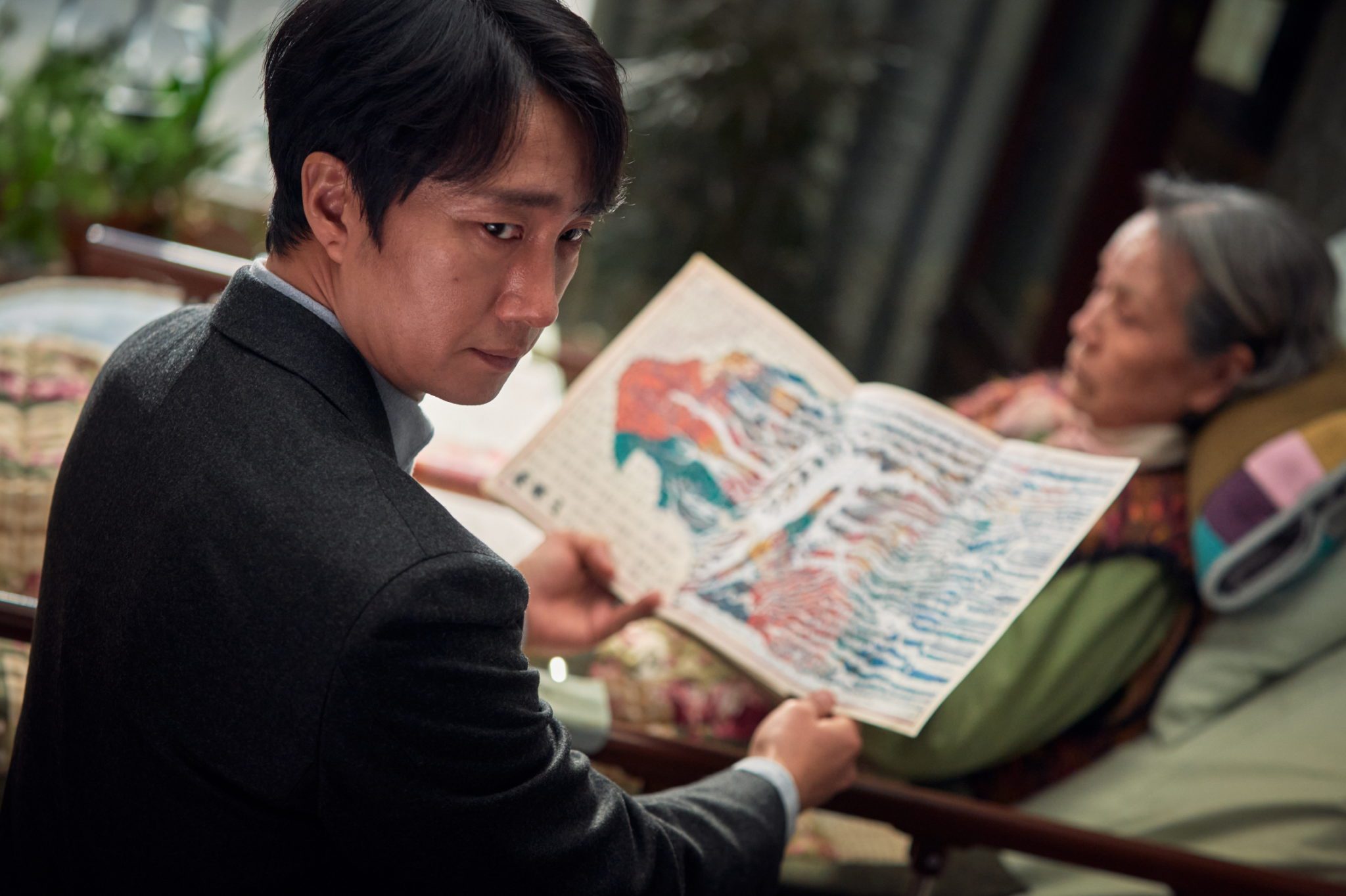
At its heart though, this is ultimately a film about dancing with the darkness. As Hae-Woo leans into his investigation, the life that he has enjoyed suddenly begins to lose its appeal. At first, Hae-Woo is a man of energy and conviction, happily married and fully dedicated to his work. Although, his downfall begins to occur as he attempts to understand evil instead of bringing it to justice. The more he allows himself to compromise his intentions and beliefs, the more he begins to lose his soul and, gradually, the world that he has treasured along the way. (In this way, the film?s title also seems to take on a double meaning as Hae-Woo gradually makes the decision to lean into temptation, as opposed to keep his principles.)
In?Decision to Leave, the darkness is alluring, even if it remains destructive.
Decision to Leave was available in theatres on Friday, October 28th, 2022.

